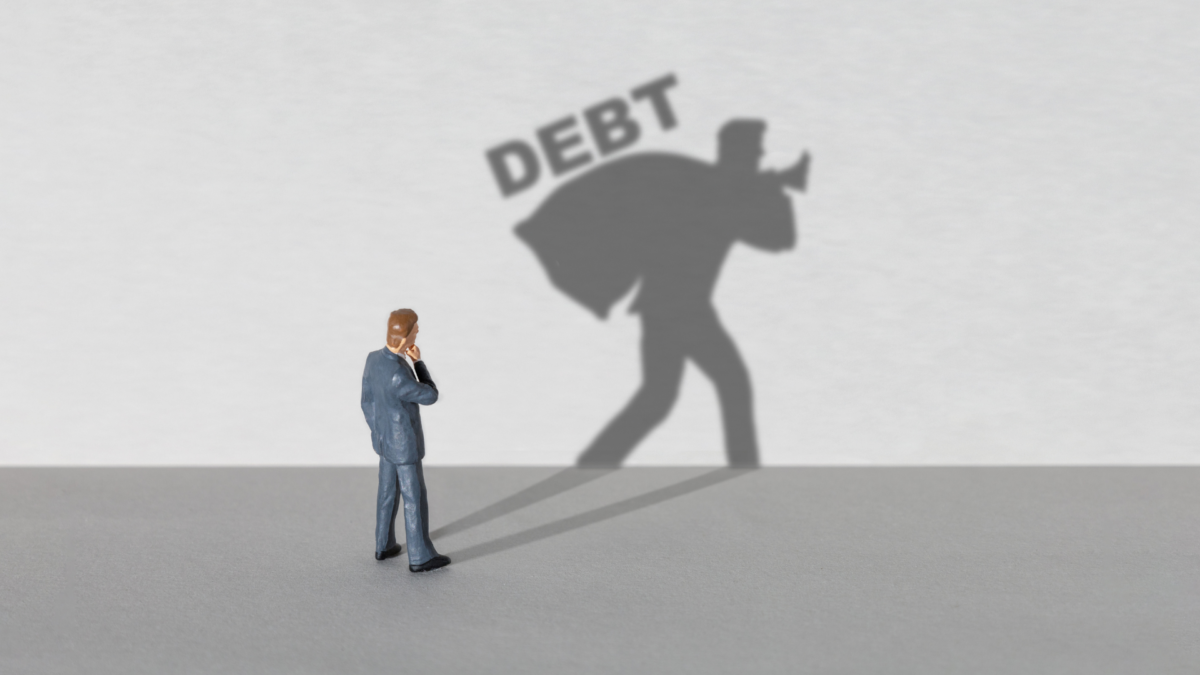Credit and debt are two fundamental aspects of money management. These concepts apply to individuals in their everyday lives as well as to the overall economy. Credit refers to an individual’s or an entity’s ability to borrow and repay a loan, whereas debt is the amount a debtor owes lenders. High amounts of debt can reduce an individual’s credit score and put them under a lot of financial pressure. On the other hand, if managed well, credit can be a helpful tool to grow investments and make purchases.
This article explores the concept of credit and debt, their differences, merits, risks, and how you can manage them. If you find yourself in a financial pickle, remember that The Phenix Group is one of the most reliable credit repair services in Atlanta.
Understanding Credit and Debt
Although many people use the terms credit and debt interchangeably, there are differences. Credit refers to the ability to borrow, while debt is the amount already borrowed. Knowing the difference makes it easier for individuals to manage their finances and make informed financial decisions.
Good Debt Versus Bad Debt
Debts are generally classified into good and bad debts. Good debts benefit the debtor by improving their income or helping them build wealth. These debts should have manageable payment schedules. Examples of good debt include mortgage loans, student loans, and loans made for business investment purposes.
On the other hand, bad debt such as payday loans and credit card balances could lead to financial hardship.
Pros and Cons of Credit
Although having available credit can be helpful, it has advantages as well as disadvantages that businesses and individuals should consider carefully.
Merits of Credit
Access to credit allows individuals to make investments (e.g. real estate acquisitions) or make purchases by giving them access to capital that may not otherwise be available.
Credit can also help individuals increase their credit score if they use it responsibly and make timely payments. Being fiscally responsible will increase a person’s chances of getting loans from lenders in the future. Some borrowers have also used the Midland Credit Management pay-for-delete option to remove negative marks from their credit histories.
Downside of Credit
Credit can lead to overspending, especially if it is not properly managed. Overdependence on credit could also lead to financial instability as individuals accumulate large debts, damaging their credit scores and causing financial distress.
In addition, there is the risk of identity theft and fraud. When you make credit purchases, you must submit personal financial information to merchants or lenders. Any compromise or hack could lead to identity fraud, and the criminal could use the details to borrow money.
Pros and Cons of Debt
Debt is a very important concept to understand, especially in countries like the U.S. with a credit-rating system. Debt can negatively affect an individual’s credit score, making it difficult to get loans and other credit facilities. Let’s consider some advantages and disadvantages of debt.
Merits of Debt
Individuals can make purchases or investments without paying the total amount upfront. If strategically planned, debt can be used to manage cash flow, as individuals can spread payments over a given period of time.
Downside of Debt
Some forms of debt have high-interest rates and fees, which makes them difficult to pay back. Too much debt can also lower an individual’s credit score, making it difficult to get funds from lenders. This could cause financial stress and trauma when individuals cannot pay the debts they owe.
If Debt Becomes Unmanageable
If you have trouble managing your money and find yourself with too much debt, it may be difficult to maintain financial stability and achieve your long-term financial goals. You can opt for a self-credit builder and try to increase your credit score—or have a credit repair company like The Phenix Group do the work for you.
Below are some general guidelines for repairing your credit:
- Have a budget: This is the most crucial aspect of managing credit and debt. A budget makes it easier for individuals and businesses to keep track of their income and expenses. They can identify where there may be lapses.
- Use your credit responsibly and avoid taking out your credit card.
- Make early payments. Late payments can result in debts remaining on your credit report for up to seven years.
- Do not borrow excessive money. Only take debt that is within your income and you can easily pay.
- Make plans to pay large debts. People with huge debts should plan how to pay them off. They also shouldn’t borrow more money as this could only lead to more debt.
- Make sure to pay off the debt on your credit card each month. This can increase your credit score or creditworthiness in the long run.
- Seek professional advice if necessary. Individuals struggling with debt or have errors in their credit reports can contact a credit service professional for guidance.
Final Thoughts
Credit and debt are closely related, but also quite different. Both can significantly affect the financial health of individuals and businesses. Although individuals or businesses can use credit to make purchases or grow investments, it needs to be properly managed with discipline and planning.

